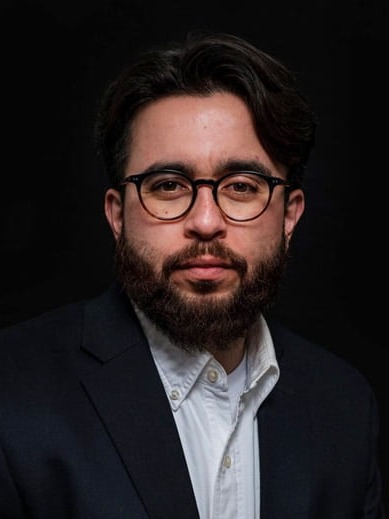Jonathan Gomez
 |
Associate Professor
Keywords |
Current Research Activities
My research asks and answers several questions. They entail, how do people who have been forgotten remember the ways that people in their communities have made a place for themselves in the city, literally and figuratively? How do ordinary people utilize culture to fashion zones of self-affirmation? My research is informed by the creative activities that I participate in, which include the Culture Counts Reading Series at SJSU, as well as a reading and writing circles with the Chicanx/Latinx Student Success Center. This work allows me to utilize my research findings to inform the learning activities we practice to build student-centered learning communities for historically underrepresented students.
Research Connections to Current Events
My work always seeks to critically examine race and racism, as well as how racially oppressed communities develop and deploy cultural practices to register and challenge exploitation. I have organized talks and lectures that delve into these topics migrant detention and mass incarceration for our SJSU community, grounding conversations in the community based work that community members are doing to create solutions that are grounded in peace and social justice. My research, teaching, and service provides our students with tools to become leaders in our complex and challenging world.
Personal Connections to Research
My approach to diversifying the academy revolves around efforts to respectfully incorporate the civil rights needs and social justice traditions of subjugated communities into the intellectual life of the university campus. I did not turn to this merely as an academic exercise. The need for civil rights had marked my own life at a young age. As a child, I witnessed my mother be denied food stamps because a social worker did not like the tone in her voice. As a teen, I was regularly stopped and pocket-checked for looking “suspicious” by Sherriff’s officers who patrolled my neighborhood, and my uncle died in the Los Angeles County Jail while awaiting trial for a warrant that resulted from a traffic violation. In short, the importance of civil rights protections made itself known to me at a very young age. But it was not until I became a university student that I fully grasped this. Following this realization, I began to study what aggrieved communities do to secure their civil rights and figure out how I might contribute to their efforts.